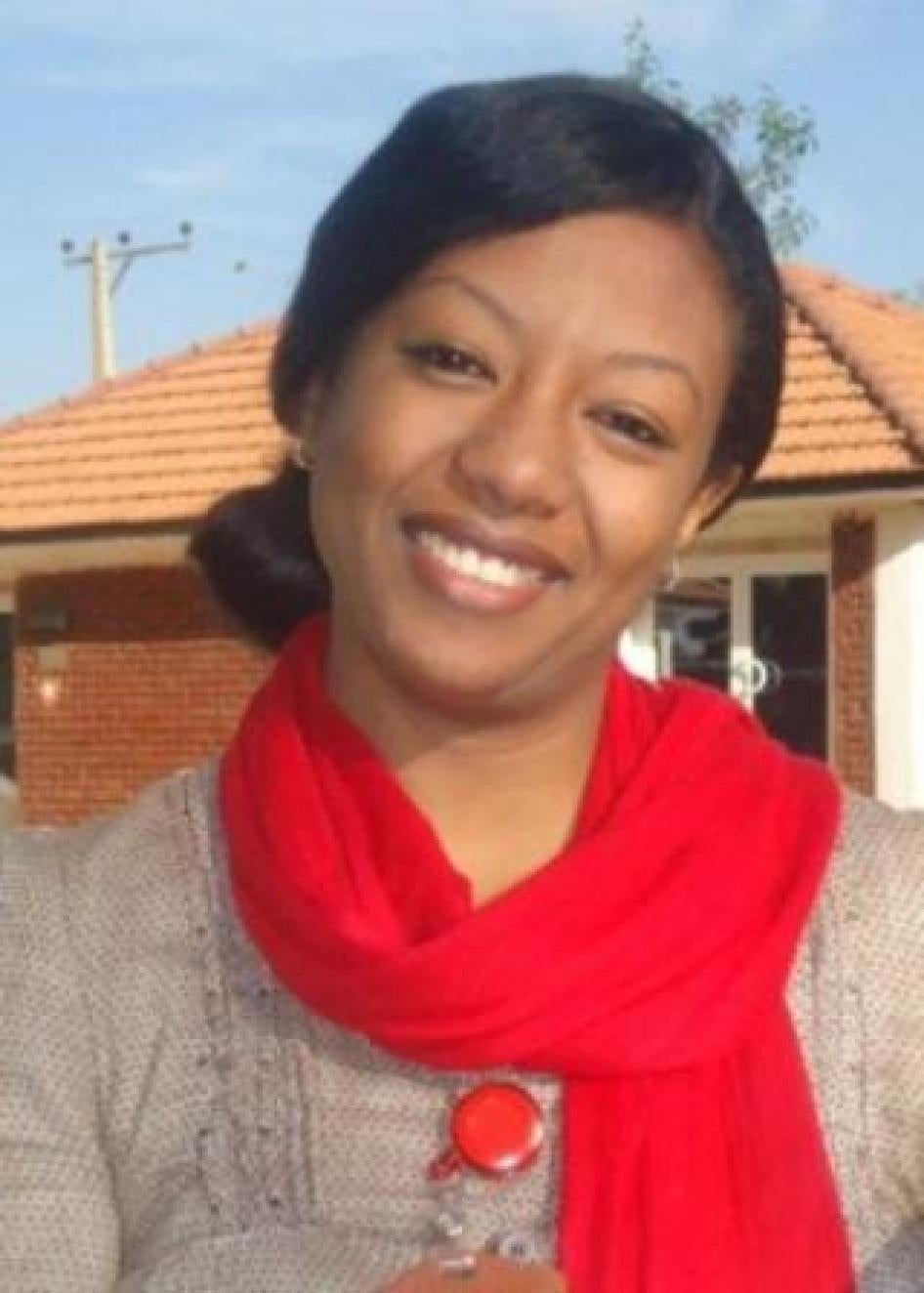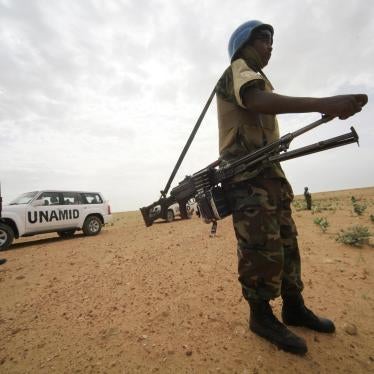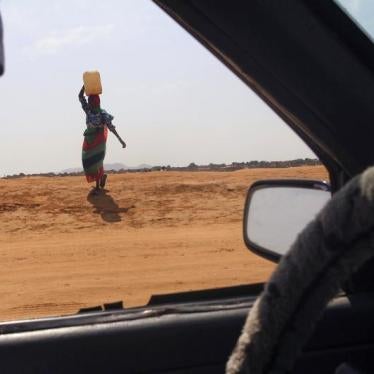Khartoum-based rights activist Wini Omer has long been a vocal opponent of Sudan’s morality laws that criminalize “indecent dress” and other private choices, making her a frequent target for prosecution by authorities.
This week, authorities massively raised the stakes in their showdown with the activist, charging her with a slew of offenses, including ‘crimes against the state,” which carries a possibly death penalty.
Omer’s legal woes began December 10, international Human Rights Day, when a prosecutor and policeman, spotting her at bus stop, arrested her, accusing her of wearing inappropriate clothes, and detained her for five hours. Authorities opened charges of “indecent dress,” but the judge dropped the charge after three court hearings, concluding her long skirt, scarf, and blouse were not indecent, she said.
Omer seized the moment, posting a humorous video on social media about her experience to raise awareness about the public order laws and how they affect women and girls.
Two months later, a group of nine police in plainclothes raided an apartment where Omer was meeting with three friends. The police arrested the group, confiscated laptops, and detained them for five days. They accused the group of prostitution, which like other morality crimes is vaguely-defined, but released them under instruction not to leave the country.
Earlier this month, Omer and her family approached the prosecutor’s office to ask if the case was still pending. Authorities responded aggressively, but would not answer, Omer said. Then on July 24, a prosecutor alleged eight additional charges against her, including crimes against the state. Her lawyer asked the judge and prosecutor about the basis for the charges but got no satisfactory answer.
This is not the first instance of Sudan using trumped-up charges against activists to intimidate them. Authorities have charged prominent activists with crimes against the state, detaining them for months. As Human Rights Watch documented in 2016, they use a range of tactics including morality codes and the draconian national security laws to silence rights defenders, including women.
Omer is hopeful the new charges won’t stick, but in the meantime, she is once again seizing the platform to promote her cause. In the last week, she has spoken out publicly and passionately about Sudan’s oppression of women and society at large using vague, discriminatory public order laws. Why is she taking the risk? “I can because I’m privileged, through my social profile and as an activist, while thousands of women are voiceless and silenced by the stigma of the public order regime,” she told me.








